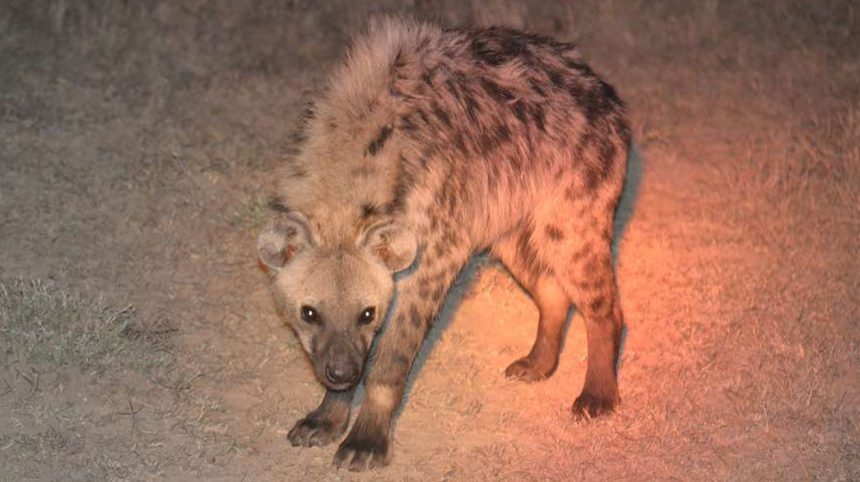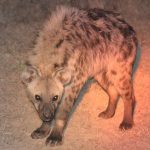Kenya Wildlife Service on Thursday said it continues to work closely with communities to ensure that wildlife conservation promotes livelihoods, and at the same time addresses human-wildlife conflict.
In the recent past, the KWS said it has received reports of hyenas attacking people in parts of Kiambu County (Juja area) and Kajiado County (Rongai, Tuala and Eselenkei areas).
To address the situation, KWS said it dispatched a team from its veterinary officers and Capture Services assisted by the Problem Animal Management Unit to capture hyenas that had inhabited caves within the Juja area.
“A report of a hyena having attacked a student of Multimedia University at Maasai Lodge area of Rongai on February 5, 2024, was responded to and samples collected from the hyena were taken to the National Veterinary Reference Laboratories (NVRL), Kabete for rabies test,” said a statement from KWS.
The test results from this case were confirmed to be positive for rabies on February 8, 2024.
In another case, the KWS said a report was received of a hyena having bitten two people on Saturday, February 10, 2024, at Eselenkei in Kajiado County.
Samples were collected from the hyena and delivered to NVRL, Kabete for testing.
The test results confirming the case to be positive for rabies were received on February 13, 2024.
On Sunday, February 11, 2024, KWS said a report was received from a resident of Kalimoni Location in Juja that a hyena had strayed into his compound.
The hyena was later captured and samples were sent to NVRL, Kabete for testing.
The test results confirming the case to be positive for rabies were received on February 13, 2024.
KWS said confirmation of rabies in the hyenas explains the unusual aggressive behaviour towards people that was witnessed in Juja and Kajiado.
“The general public in the affected localities, in particular, are advised to exercise caution as they go about their daily activities as the necessary measures are put in place to manage the situation,” said KWS.
The role of wildlife in the spread and maintenance of the rabies virus has not been documented. Studies have shown that domestic dogs transmit up to 98 per cent of human rabies in East Africa.
This means that the best approach to control the spread of rabies is by mass vaccination of dogs which will lead to a reduction in spillover to human beings and wildlife.
The ‘Strategic Plan for the Elimination of Human Rabies in Kenya 2014-2030’ aims at sustained annual mass dog vaccination for at least 3 consecutive years in an attempt to cover about 70 per cent of the dog population to eliminate rabies in the country, said the KWS statement.
KWS said it is working closely with the Directorate of Veterinary Services and the county Governments of Kajiado and Kiambu to implement control measures that will mainly involve mass vaccination of dogs in the affected areas.
“The mass vaccination of dogs commenced on Thursday, February 15, 2024, at Rongai,” the statement said.



